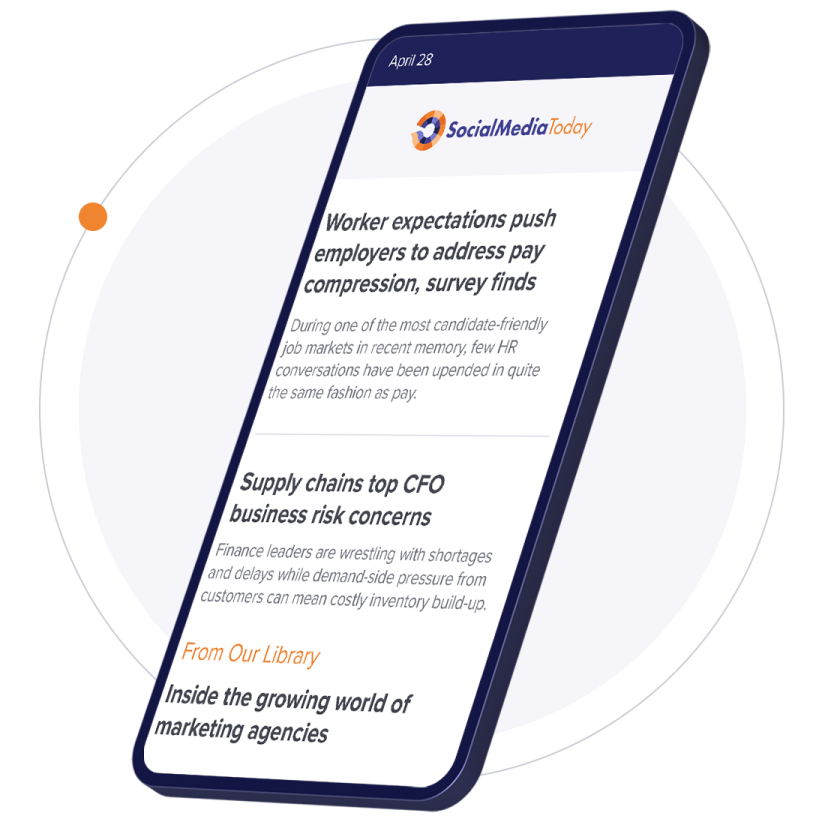LinkedIn’s looking to help marketers better quantify their in-app ad spend, with a new guide to its Revenue Attribution Report, its advanced reporting tool that provides more specific insight into the results that your campaigns are actually driving in the app.
Launched last year, LinkedIn’s Revenue Attribution Report provides an overview of your full campaign performance by syncing your CRM data with LinkedIn's Business Manager. That then gives you more insight into actual ROI and performance, as opposed to more vague top-end metrics that are generally provided by platform analytics.
The new, 32-page overview provides in-depth explainers on how each element of the report functions, which could help you better track and measure your LinkedIn campaign performance.
You can download the full guide here, but in this post, we’ll take a look at some of the key notes.
First off, the report looks at how to set-up the report, and how to connect your CRM data into the system.
Note: LinkedIn also specifically explains that any data you share with the company as a result of this connection is “stored securely with data isolation, secure access, and more.” You can read more about LinkedIn’s data access practices here.
The guide also provides a full overview of the data available in the report, and how you can use it to measure performance.
It also explains how the report displays the available data, and how you can switch to certain touchpoints and engagements to better track performance.
The guide also looks at how the report can provide insight at account and campaign level, and provide insight over defined time ranges.
It’s a handy overview of a handy report, which could provide more insight into your LinkedIn campaigns, and a better view of the more specific performance of your LinkedIn ad spend.
You do have to connect your CRM, which some may be hesitant to do. But if you’re looking to maximize your LinkedIn marketing, it may be worth a look.
You can download LinkedIn’s “Revenue Attribution Report” guide here.











